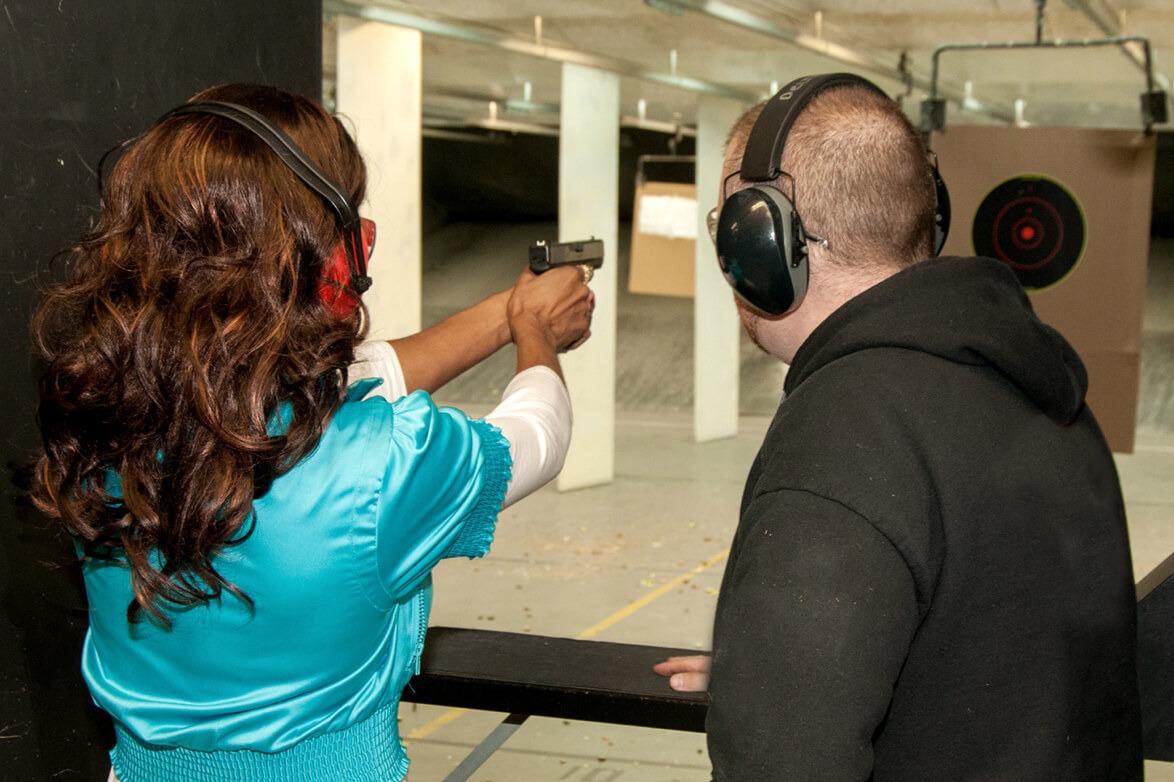 Back to News
Back to News
June 27, 2012
In Today’s The Hill: ‘Controlled sport hunting a part of conservation, too’
The following response from NSSF appeared in today’s edition of The Hill:
Controlled sport hunting a part of conservation, too
In the June 12 op-ed, “Animals don’t have a voice, but we do,” Rep. Raúl Grijalva (D-Ariz.) endorses the sentiments expressed in a book on animal and human interactions by Matthew Scully. Many of his points are beliefs shared by the conservation community, of which hunters can claim to be the “original” and most proactive component, contributing significant funding to wildlife management of both game and nongame species and serving as a recognized wildlife and habitat management tool. The op-ed, however, stated that “Humans have a rare capacity to kill or mistreat other animals simply because we want to. We have outlawed cruelty for many years, but we still hunt elephants and polar bears for sport.”
It is unclear whether that last sentiment should be attributed to Scully or to the congressman. In any case, it needs to be addressed. The response is simple, clear and inarguable: Sound conservation management also means that since man has disturbed nature’s ecosystems, we have a responsibility to see that animal populations do not exceed the number that local conditions can support. To do otherwise is cruelty in the name of false preservation. Scientifically managed hunting, supervised by federal and state wildlife agencies, has long been a proven method of helping to ensure a proper balance of animal populations and their supporting ecosystems.
The article specifically addresses the hunting of elephants, including it in the same sentence as animal cruelty. Yet, it is hunting that can help stabilize and conserve populations of elephants in their native habitat, and it is the action of anti-hunting, animal-welfare groups that are starving them with misguided notions of kindness. For example, Kruger National Park in South Africa is home to a population of some 16,000 elephants. Biologists have determined that the park’s maximum carrying capacity was not higher than 4,000 when the habitat was healthy, and now the recommendation is a high of 2,500. Destruction of the park’s habitat was described as “huge” by Ron Thomson, a retired game warden and South African national parks board director, when biologists and economists from around the world met in Windhoek, Namibia to conduct the World Symposium on the Ecologic and Economic Benefits of Hunting. He predicts destruction of the habitat in a decade or two to be incalculable.
Why isn’t controlled sport hunting and other forms of culling being practiced? “The main reason for this is the successful consequences of persistent animal rights propaganda,” Thomson stated at the symposium. In other words, it’s because well-intentioned but misguided preservationists are causing the starvation and, perhaps, ultimate decimation of the elephant population while standing in the way of sound biological principles of conservation.
From Steve Sanetti, president and CEO of the National Shooting Sports Foundation, Newtown, Conn.
Categories: Government Relations, Hunting, Media Inaccuracies









